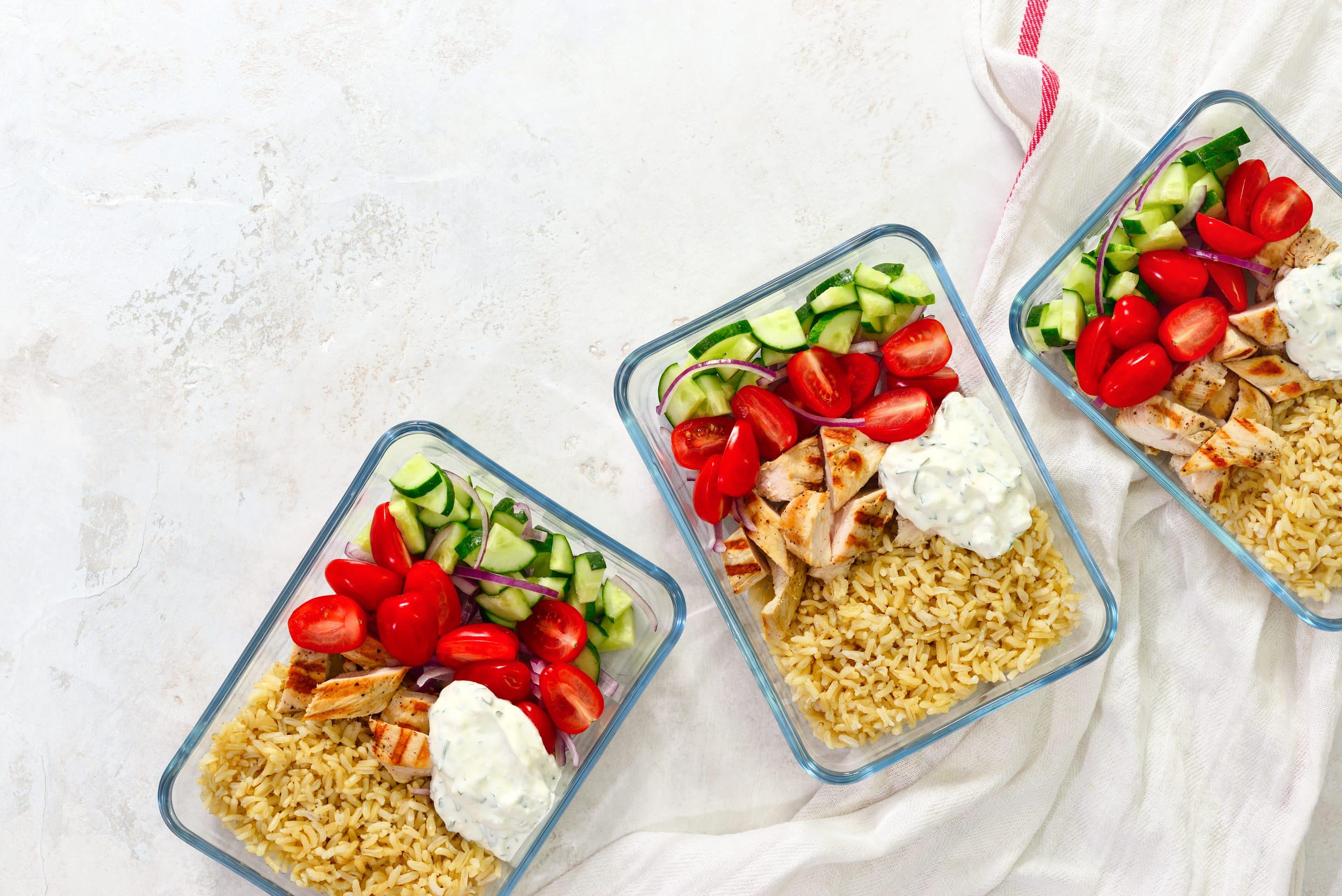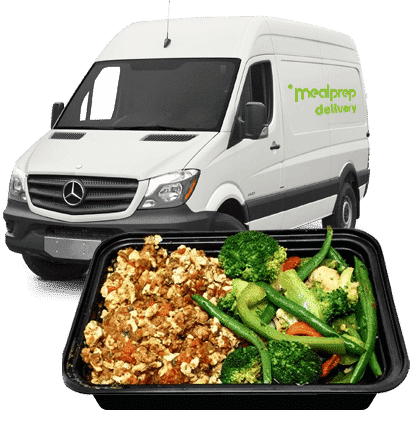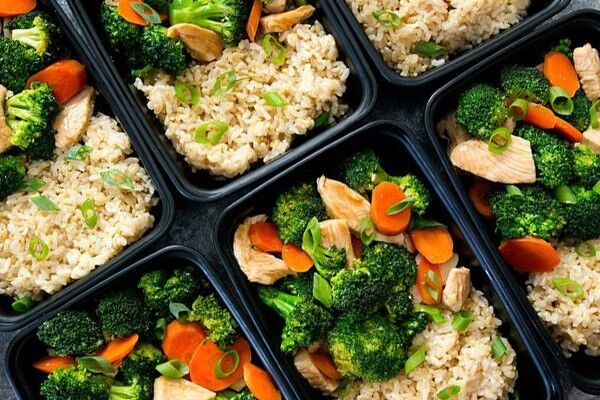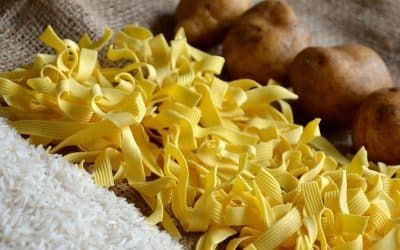Innovative Packaging Solutions – Meals By Mail
The newest packaging materials used by meals by mail delivery services assure you of fresh food free from contamination. You can store these containers and later, recycle or reuse them. Some of the packaging materials are edible and that makes ordering food from prepared meal delivery services a smart, green option.
The United States Environmental Protection Agency estimates that at least 23% of the waste that makes up landfills is food-related packaging products. These items that are equivalent to 39 million tons of waste. And, include wrapping materials and containers used to store and transport food including the discarded plastic and aluminum from meals by mail.
As an environmentally conscious citizen, chances are that you cringe every time you drop cling wrap and other harmful wrappings from your athlete meal delivery in the trash.
The problem here is that most recycling programs don’t accept plastics that have contained food. If this factor worries you, then rest assured that things are about to change.
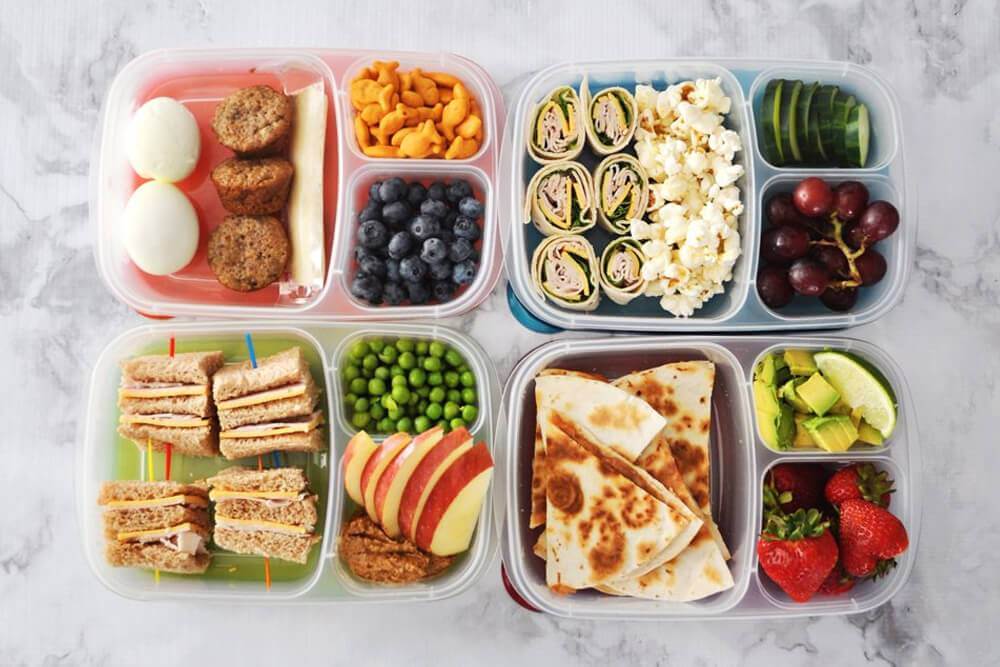
Meals By Mail Delivery Services are Looking at Other Options
In an attempt to cut back on environmental waste, meals by mail delivery companies are coming up with workable solutions. Here are some options:
- The prepared meal delivery services may offer you the option of receiving meals in reusable containers that it later collects from your home or workplace.
- The meal prep delivery service may offer to provide your meals in cardboard boxes, tote bags with pallets and cans.
- The company may replace all packaging materials with recyclable or biodegradable products like wood and paper.
- You could receive the option of choosing from disposable cutlery and silverware or reusable utensils.
- Your food delivery service may request that you put down a nominal deposit of $25 for the reusable mason jars and wooden crates in which you receive meals.
Is the pickup system sustainable? It is. Companies offering organic meal delivery nationwide reason that the cost of reverse logistics is far less than the cost of the packaging materials they must use. Besides, delivering meals and picking up reusable containers can be accomplished at one go.
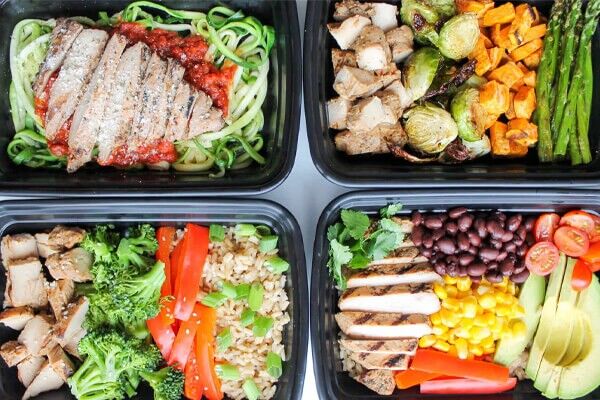
Science is Developing Edible and Environment-Friendly Packaging
More and more busy athletes and families are opting for meal delivery services. For this reason, researchers are working on developing packaging materials for meals by mail services that are not likely to harm the environment. Here are some of the new products in your mail order meals that you might come across in the near future:
Durethan
The pharmaceuticals company, Bayer has developed Durethan from clay nanoparticles. This extremely thin plastic film acts as a barrier between the food and elements like carbon dioxide, oxygen, and moisture. By wrapping food in this film, healthy meal delivery services can ensure that the dish stays fresh longer. In addition, it does not decompose and has a longer shelf life.
A kind of polyamide, Durethan complies with the current food legislation regulations and is strong enough to resist tearing. For this reason, it is highly effective in protecting the food provided by organic meal prep services from contamination from chemicals. And, yes, Durethan is safe for recycling.
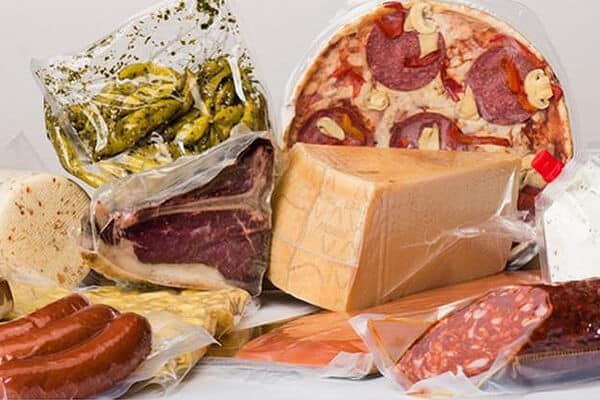
Microfilm/ Micropackaging
Not to be confused with the miniature medium used to store documents, images, and any other kind of files, the Microfilm has been developed to store food safely. An engineering team headed by Jaime Grunlan at the Texas A&M University has created an innovative thin-coating polymer.
Also called micro packaging, this material uses nanotechnology and has the same property of glass to protect food. Microfilm consists mostly of water and 70% clay particles. This polymer is thousands of times finer than a single strand of human hair. Although not biodegradable, it has a significantly less impact on the environment.
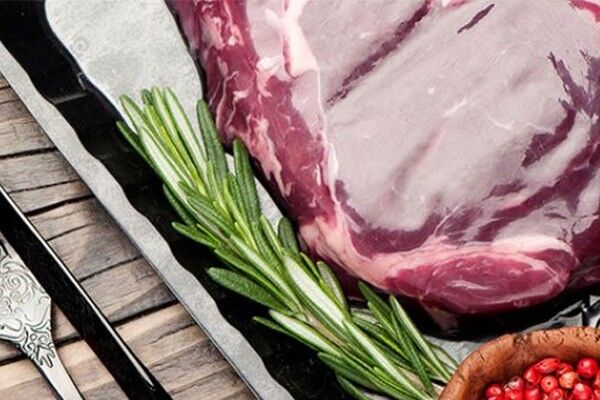
Casein
Researchers have recently presented their findings from a study conducted on casein at the 252nd National Meeting & Exposition of the American Chemical Society (ACS). A packaging product for meals by mail, casein is made from milk proteins and is highly adept at keeping food protected.
As Peggy Tomasula, D.Sc., head of the research reveals, “The protein-based films are powerful oxygen blockers that help prevent food spoilage. When used in packaging, they could prevent food waste during distribution along the food chain.”
Not only is the product edible but it is possible to add nutritious components to the packaging material including flavoring, vitamins, probiotics, and nutraceuticals.
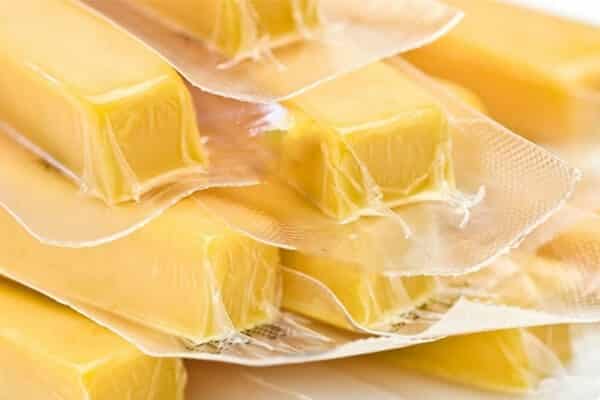
Ooho
Developed and released by the Skipping Locks Lab, Ooho is a micro-membrane made from seaweed and plants. Ooho is edible and aims to replace the use of plastic bottles. Not only is this packaging material biodegradable but it also cheaper to manufacture as compared to regular plastic. Ooho is ideal for packaging and transporting any kind of liquids and is available in the form of a flexible sphere.
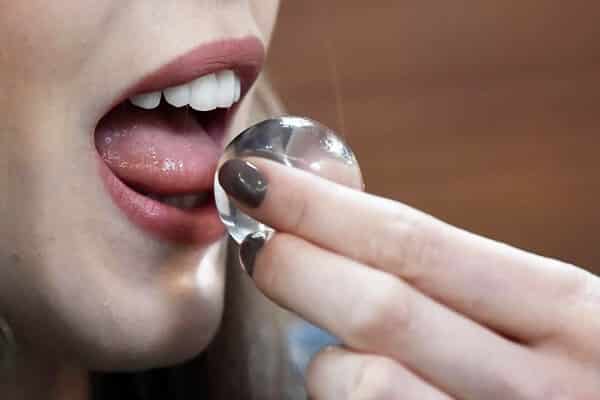
Bio-Plastics
In recent times, researchers have developed a new kind of plastics that use plant products in place of conventional petroleum products. Manufactures use bio-materials to create polymers that act just like plastics and are ideal for packaging food delivered by organic meal prep services.
The raw materials used in the production of glasses, containers, and cutlery are completely biodegradable and breakdown within 12 weeks. These packaging containers come with certification for being safe for storing food and compostable. All recycling companies accept these packages complete with any traces of food remaining in them.
Here are some of the typical sources of polymers.
- Sugarcane bagasse: Manufacturers use sugarcane pulp after the juice has been fully extracted. Using processes like heating, pulping, and pressure molding, the fibrous pulp transforms into packaging materials. Ideal for mail order meals, these containers are resistant to heat, freezable, and microwaveable. The products are also oil proof, waterproof, eco-friendly, and break down in compost facilities.
- Plant Starch Material (PSM): PSM uses the starch from renewable crops like potatoes and corn. This polymer is ideal for packing hot food, and to make disposable cutlery that will not clog landfills.
- Palm Leaf: Varying in thickness from 2mm to 4mm, palm leaf utensils don’t use starch or pulp, but are simply washed and pressurized into packaging containers for organic meal delivery nationwide.
You No Longer Need to Worry About Environmental Impact
Have you been concerned about ordering meals by mails because of the impact on the environment and volume of wastage? You can rest assured that the newest packaging materials now in use are biodegradable, edible, or safe for landfills. You can also accept the option of reusable containers that prepared meal delivery services offer you. Sourcing meals using a healthy food delivery app is now safer than ever.
You’ll receive meals from the organic food delivery nationwide service in containers that protect the food from contamination and spoilage. In addition, you can reuse or recycle the packaging, or eat it along with the food. This new development can take the convenience of food delivery to a whole new level.
Would you like more information about how Meal Prep Delivery is looking for newer eco-friendly, packaging solutions to maintain the freshness of your food? Contact us with your queries. Our consultants are happy to answer your concerns.
Have you ordered meals at a delivery service in recent times? Would you like to talk about their eco-friendly practices and green packaging materials? We would love to learn about your experiences. Please use the comment box below.
References:
Reducing Wasted Food & Packaging: A Guide for Food Services and Restaurants
The Many Factors to Consider When Deciding the Best Packaging for Your Food Product

